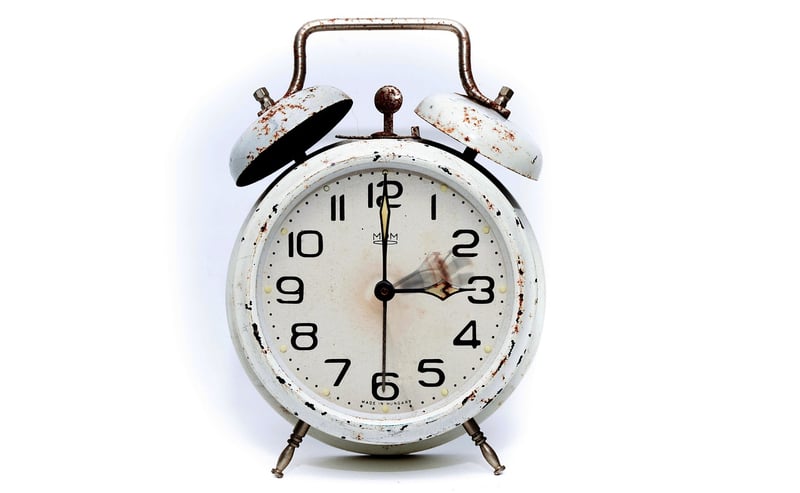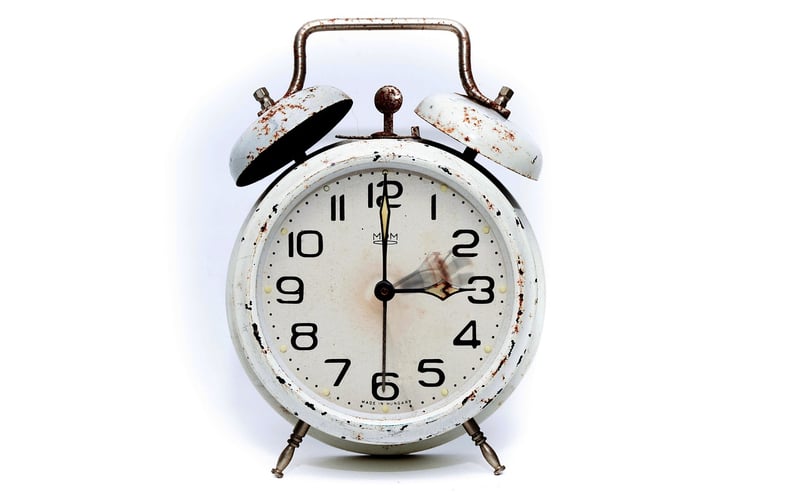Temporal Loops
The Fascinating World of Paradoxes in Time Travel and Temporal Loops
Time travel has been a popular concept in science fiction for decades, captivating audiences with its paradoxes and mind-bending possibilities. One of the most intriguing aspects of time travel is the existence of paradoxes and temporal loops, where cause and effect become intertwined in ways that defy traditional logic.
What are Paradoxes in Time Travel?
A paradox in time travel occurs when an event leads to a logical contradiction. One of the most famous paradoxes is the grandfather paradox, where a time traveler goes back in time and prevents their grandfather from meeting their grandmother, thus preventing the time traveler's own birth. This creates a paradox - if the time traveler was never born, how could they go back in time to prevent their birth?

Temporal Loops
Temporal loops, also known as causal loops, are another intriguing concept in time travel. In a temporal loop, an event is its own cause, creating a loop with no clear beginning or end. This leads to questions of determinism and free will - if an event is predestined to happen because of time travel, do individuals have the power to change the course of history?

Popular Representations in Media
Many movies and TV shows have explored the fascinating world of time travel paradoxes and temporal loops. From classics like "Back to the Future" to mind-bending series like "Dark," audiences have been enthralled by the complex interplay of cause and effect in time travel narratives.
Conclusion
Paradoxes in time travel and temporal loops continue to spark the imagination of both scientists and storytellers alike. While the concept may seem far-fetched, it challenges us to think outside the confines of linear time and consider the profound implications of altering the past, present, and future.
So the next time you find yourself pondering the intricacies of time travel, remember the paradoxes and loops that make this concept so endlessly fascinating.
